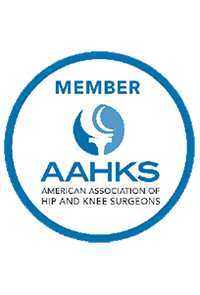Arthroscopic Bankart Repair
A Bankart lesion is a specific type of shoulder injury that occurs when the labrum of the shoulder joint is torn. A bankart lesion is very common with shoulder dislocations, and often contributes to shoulder instability.
The Arthroscopic Bankart Repair is an effective procedure to treat patients that have anterior shoulder instability.
This procedure involves repairing the over stretched or torn labrum and capsule deep within the shoulder joint. We prefer to perform the surgery arthroscopically (keyhole), but some surgeons prefer an open procedure.
Treatments
Surgical
The Arthroscopic Bankart Repair is an effective procedure to treat patients that have anterior shoulder instability. The majority of patients who suffer a traumatic anterior dislocation of their shoulder will tear the fibrocartilage labrum at the front of the shoulder. Many of these patients will go on to develop recurrent instability in their shoulder and keep dislocating. This will have a significant effect on the ability to participate in sport and sometimes also their work. It is the tear in the labrum that is largely responsible for allowing their shoulder to continue to dislocate.
It has been established that if only patients with a pure labral tear are treated with an arthroscopic bankart repair then the results are as high as an open repair. The aim of surgery is to return people to full normal sporting and work activities and the risk of a redislocation in this situation is less than 5% with a well-performed arthroscopic procedure.
The Arthroscopic Bankart procedure repairs this tear in the labrum and by doing so restores stability to the shoulder. This procedure can be performed either open or arthroscopically. Previously it was believed that the arthroscopic repair was not as successful as the open repair.
Patients that have torn not just the labral cartilage at the front of the shoulder but have also chipped off a segment of bone when they dislocated need a surgical procedure that will deal with the loss of bone.




